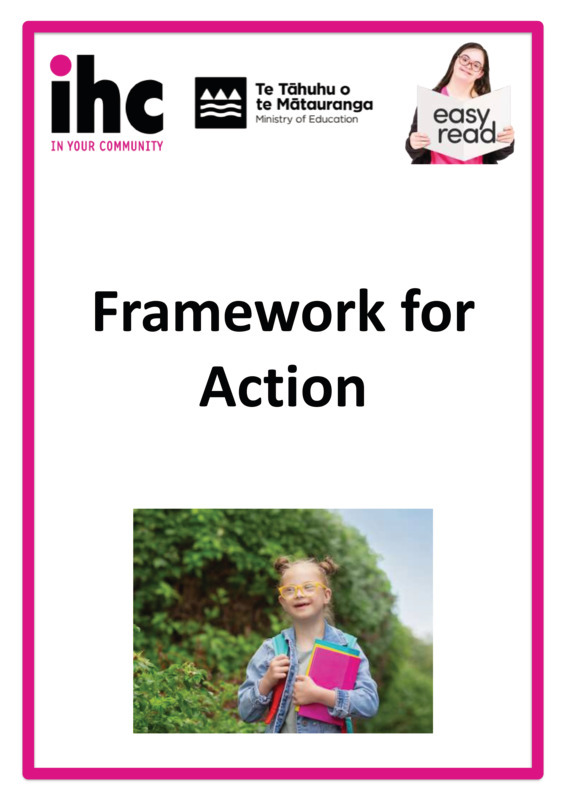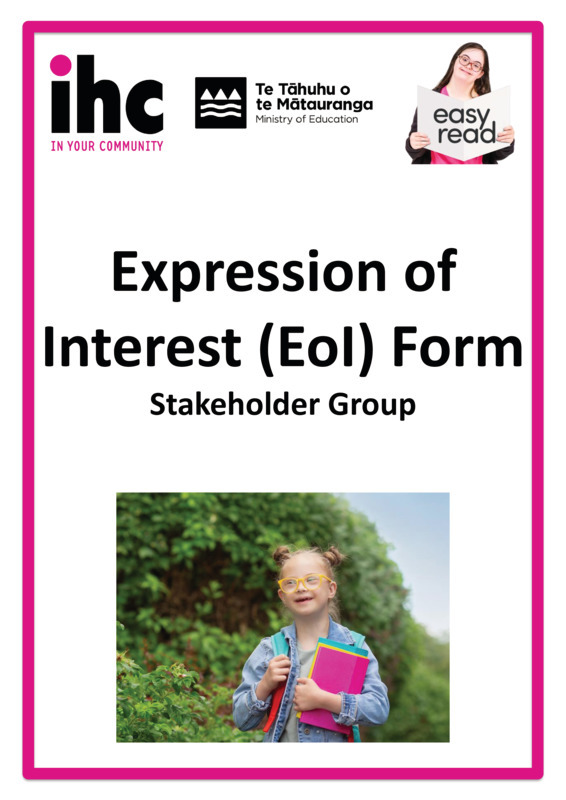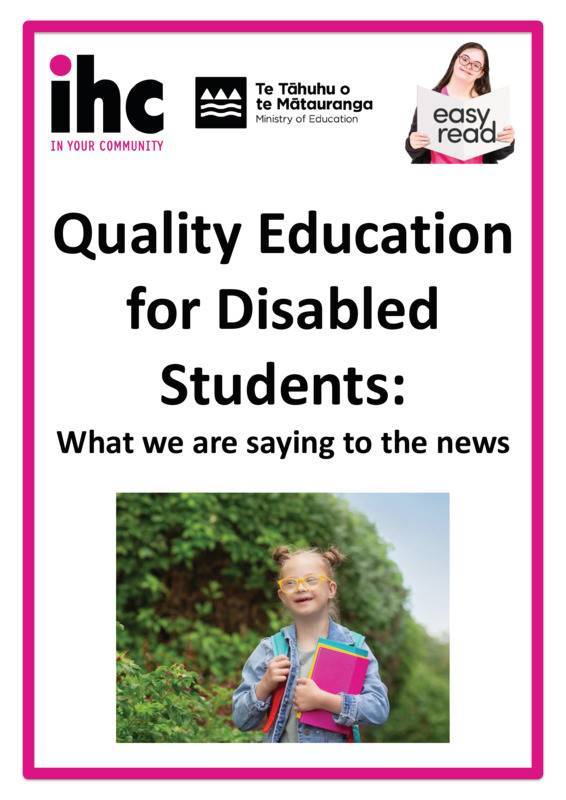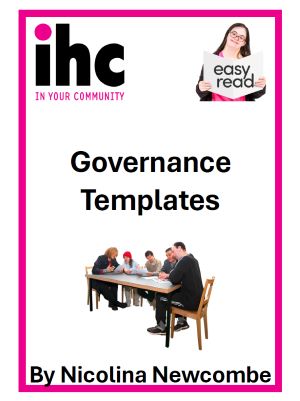Our aim is to improve outcomes for people with intellectual disabilities in:
We work hard to persuade government, decision-makers and other organisations to change their laws, policies, practices and beliefs so that the rights of people with intellectual disabilities are upheld.
We work to solve issues that affect a large group of people. This is Systemic Advocacy. The sorts of issues this advocacy addresses are often a problem with a system, meaning a lot of people are experiencing the same problem.
Our vision is that New Zealand is a place where people with intellectual disabilities are valued citizens and part of their community.
We work alongside people with lived experience and their families and whānau, disability service providers and communities across the country.
Our work is grounded in the UN Convention on the Rights of Persons with Disabilities (CRPD), the Code of Health and Disability Services Consumers’ Rights, and the Disability Action Plan.
IHC undertakes different campaigns that focus on key issues facing people with intellectual disability.
Some of our previous campaigns have been focussed on elections, education, safeguarding citizenship and rights, supported decision-making and quality of life monitoring.
Call IHC Advocacy toll free on 0800 442 442 or email advocacy@ihc.org.nz

IHC’s latest research report From Data to Dignity 2026: Health and Wellbeing Indicators for New Zealanders with Intellectual Disability updates our groundbreaking 2023 work.
The report, produced with research organisation Kōtātā Insight, uses the Government’s Integrated Data Infrastructure (IDI) to track more than 70 indicators across health, education, housing, justice and income. The first From Data to Dignity report in 2023 was the first to systematically use government data to examine outcomes for people with intellectual disability.
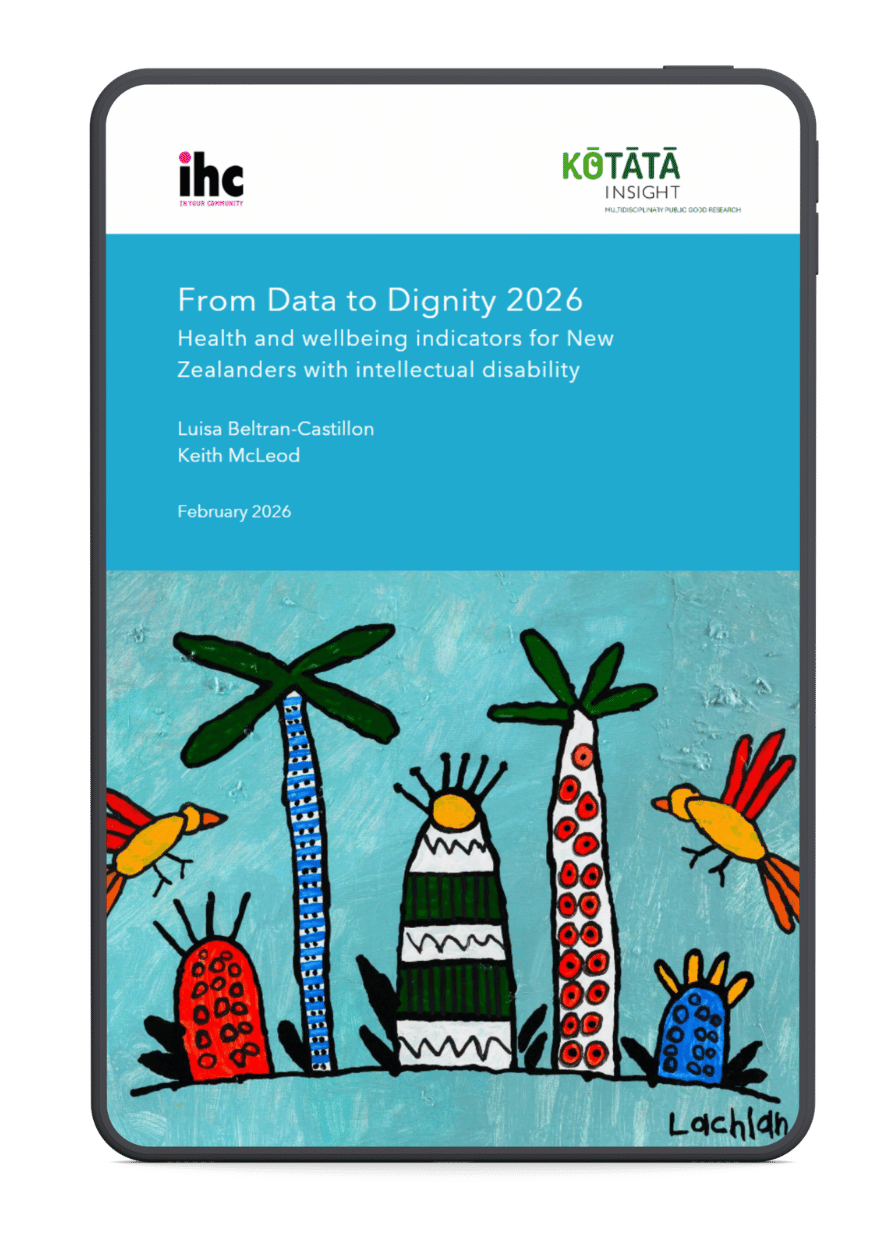
In November 2025 IHC signed a landmark settlement with the Government that acknowledges the education system does not work for many disabled learners and starts a long-term programme to fix it. The settlement is the starting point for change following decades of advocacy.

IHC’s report, The Cost of Exclusion: Hardship and People with Intellectual Disability in New Zealand lays bare the depth of poverty experienced by people with intellectual disabilities.
The report shows people with an intellectual disability are twice as likely to live in hardship or severe hardship. They face significantly higher rates of hardship at every stage of life. Severe hardship rates triple in middle age, even as they decline for the rest of the population.
Living with disability comes at a real cost, one that’s falling on individuals and families who are often excluded from work, transport and even food.

IHC has made a submission on the Emergency Management Bill (No 2), calling for disability inclusion to be built into New Zealand’s emergency management system from the ground up. Drawing on international obligations and evidence from recent emergencies, the submission highlights gaps in the Bill and recommends stronger requirements for accessibility, participation, and local disability leadership. IHC is urging Government to ensure that people with intellectual disabilities are considered in emergencies and actively involved in preparing for them.
IHC does not support the proposed presumption against financial redress for survivors of abuse in care who have later been convicted of serious offences.
Any strategy that aims to improve outcomes for disabled people must include targeted interventions for this distinct group.
New research delivers a stark reality check on the health and wellbeing of New Zealanders with intellectual disability.
The path towards equity in education for disabled students in Aotearoa New Zealand was started at an event at Parliament House on Thursday 11 December.
I learnt this week about Fletcher, 10 years old, born with Down syndrome and neuro-disabilities, living in the country with his family and going to the local school. “Going”, I say but actually the thing is, that he has only attended school for half of the school year


